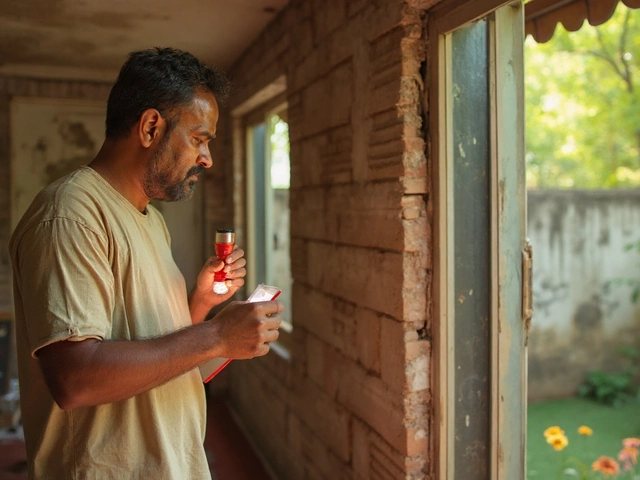Deal with Roofers: What You Need to Know Before Hiring One
When you deal with roofers, professional contractors who install, repair, or replace roofs. Also known as roofing contractors, they handle everything from small leaks to full roof replacements—making them one of the most critical contacts in home maintenance. Ignoring roof problems doesn’t make them disappear. A small leak today can turn into rot, mold, or structural damage tomorrow. That’s why knowing how to pick, communicate with, and verify a roofer isn’t just helpful—it’s necessary.
Not all roofers are the same. Some specialize in roof repair, fixing damaged shingles, flashing, or vents. Others focus on roof replacement, removing old materials and installing new ones. Then there are those who offer roof inspection, a detailed check for hidden wear, water damage, or weak spots. You don’t need all three services at once—but you do need to know which one you actually need. Many homeowners get pressured into full replacements when all they really need is a patch job. A good roofer will tell you the difference.
How do you avoid getting ripped off? Look for local companies with real reviews—not just five-star ratings on random sites. Ask for proof of insurance. Don’t pay upfront. Get everything in writing, including warranty details. And never sign anything on the spot. A reputable roofer will give you time to think. They’ll also explain why a repair is needed—not just show you a photo of a cracked shingle and say, "This has to go."
Timing matters too. Roofing jobs aren’t just about materials—they’re about weather. Doing a repair in the middle of monsoon season? Bad idea. Waiting until the roof collapses before calling someone? Even worse. The best time to deal with roofers is before the problem gets serious. Look for signs: curling shingles, granules in gutters, damp spots on ceilings, or daylight through the attic. These aren’t "maybe" issues. They’re red flags.
And don’t forget insurance. If your roof was damaged by wind, hail, or fire, your homeowner’s policy might cover it. But only if you document it properly. A roofer who knows how to work with insurance claims can save you thousands. They’ll take photos, write reports, and help you navigate the paperwork. That’s not a bonus—it’s part of the service.
Below, you’ll find real advice from people who’ve been there. From how to spot a bad roofer to what questions to ask before signing a contract, these posts cut through the noise. No fluff. No sales pitches. Just what works when you’re trying to protect your home—and your wallet.





